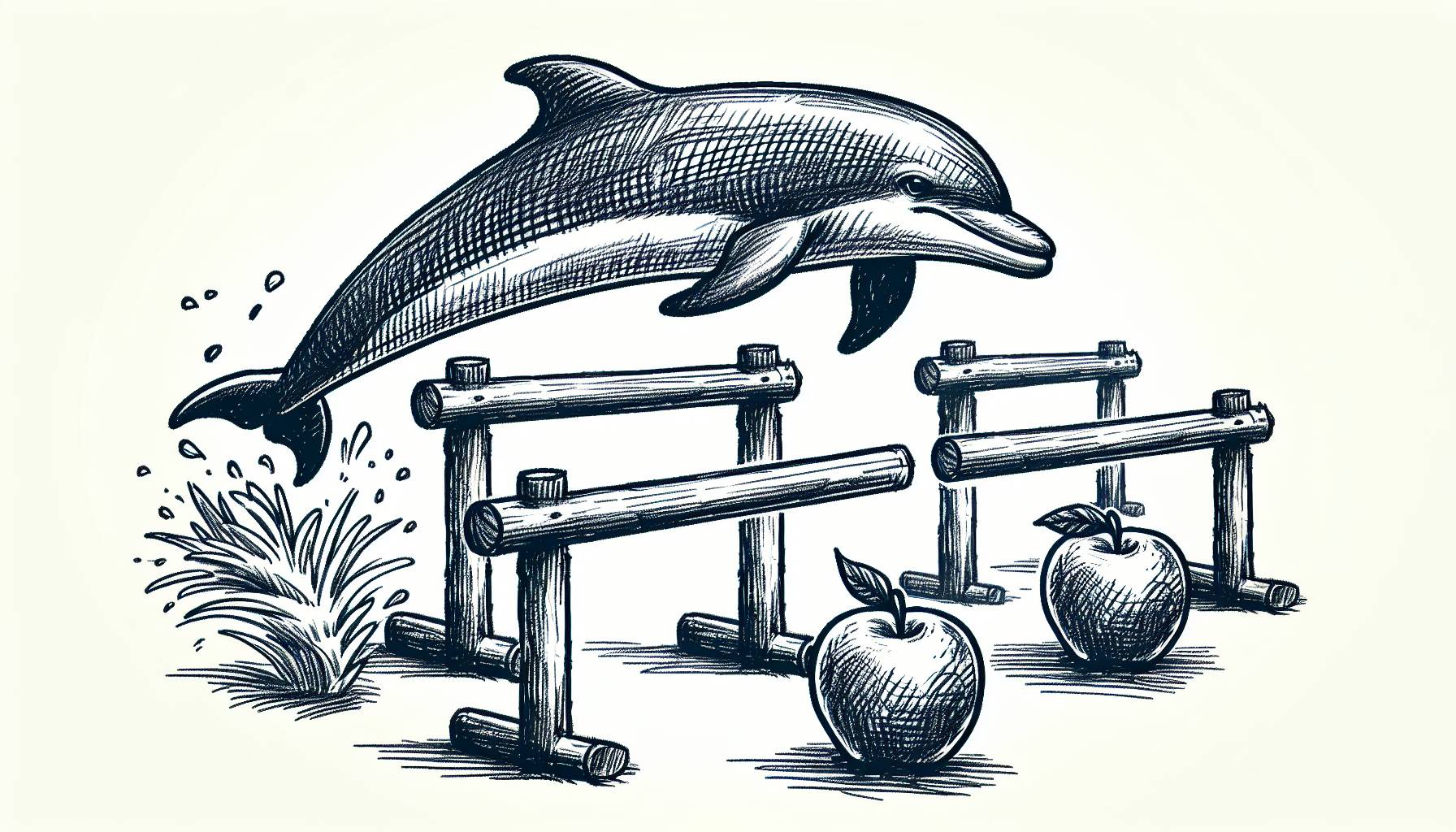[sc name=”numlist” number=”1″ title=”Mint: Money Manager, Budget & Personal Finance”]
As many people use multiple forms of payment in their everyday lives including cash, credit, and debit cards, understanding the big picture can be a difficult task to see where the majority of funds are going and what can be reduced. Through tracking spending via Mint, users accurately record their spending habits in order to improve on cost control in the future. By syncing the app with bank, credit, and debit cards, the app is automatically updated any time spending takes place in order to reduce the amount of manual input that is required by the user. Furthermore, budgets can be set up directly on the app to ensure there is some concrete goal that can be met with visual bars and graphs for easier comprehension of the data. As one of the most popular apps for managing spending and budgets, Mint is a highly recommended app for automatic management of money in a timely manner.
[sc name=”numlist” number=”2″ title=”Daily Budget Original – Saving Is Fun!”]
For those with minimal financial knowledge, Daily Budget Original is a tool which is highly applicable to everyday spending. Upon entering basic financial information such as income, assets, and liabilities, the app will automatically calculate a recommended daily spending budget that a user should stay within to remain comfortable. One of the most difficult aspects of spending responsibly and saving on a consistent basis is that the result of saving and compounding can take a long time, hence deterring many people from saving for the long run to spend immediately. However, even with this issue, Daily Budget Original ensures that both current as well as future needs are accommodated by allowing users to input a big item which they would want to purchase and then automatically deducting a small amount from the daily budget in order to save for that item. Furthermore, users can gauge their budget for the next day or start over if they have spent too much on a particular day. The dynamic nature of the app makes it perfect for those who are looking to spend more consistently and responsibly.
[sc name=”numlist” number=”3″ title=”Acorns – Invest Spare Change from Purchases”]
Beyond simply spending responsibly, it is equally important to put the saved money to use, although this takes a substantial amount of financial knowledge. For example, stocks, bonds, and certificates of deposit are all viable options but are usually reserved for those who have a large amount of funds ready. While the majority of everyday consumers do not have thousands set aside for the sole purpose of investing, Acorns is able to help grow a user’s investment portfolio by a few cents with every purchase. Upon syncing up a debit or credit card with the app, Acorns will round the dollar figure of the purchase to the next dollar and invest the difference into a diversified portfolio. This ensures that the portfolio builds up over time while eliminating the need to have a large amount of funds available or investment knowledge, making it a powerful app in terms of saving for the future.
[sc name=”numlist” number=”4″ title=”QuickBooks Self-Employed: Mile Tracker, Taxes”]
Tax season is often regarded as a nightmare for many as there is a significant amount of paperwork and receipts that must be analyzed in order to get the most back in tax returns. To complement the widely popular version of the desktop application, the mobile edition of QuickBooks leverages the features that a phone is built with. For example, the camera can be used to take a picture of receipts while the app automatically extracts the relevant information and inputs it into the software. By being able to quickly track expenses from receipts and mileage that is accumulated when commuting, users can maximize their returns during tax season as well as streamline their analysis of tax-related documents. Armed with all of this information, users can see exactly what they are spending on, where to reduce costs, receive more tax credits, and avoid the costs associated with hiring an accountant, making Quickbooks a must-have for those who are less familiar with the accounting process.
[sc name=”numlist” number=”5″ title=”Wally – Smart Personal Finance”]
Wally allows its users to easily set a range of financial goals to include those from savings, budgeting, and income with an interface that is extremely intuitive to understand. Instead of utilizing complex numbers and technical jargon, Wally has simple-to-understand graphs and even includes a map that show where the spending took place and with who. To streamline the process of recording expenses that have been incurred, the app leverages the camera in order to maximize organization and ensure that all of the relevant records are stored in one location. In order to personalize the budgeting experience, Wally adapts to user behavior with the use of AI and machine learning so that the more a user inputs data, the more it is able to understand the habits and preferences of that particular user. Given that this is one of the easiest apps to understand, Wally is highly recommended for those who are just starting to learn more about their personal finances.
Although managing spending and setting budgets is something that is regarded as boring and time consuming, the apps mentioned in the article can significantly streamline the process and make it much more intuitive. It is now more important than ever to spend responsibly as prices continue to soar while salary increases are declining year-over-year, hence making the use of these apps extremely valuable for a range of purposes from budgeting, saving, and even investing.













